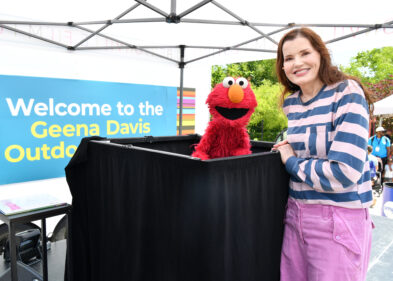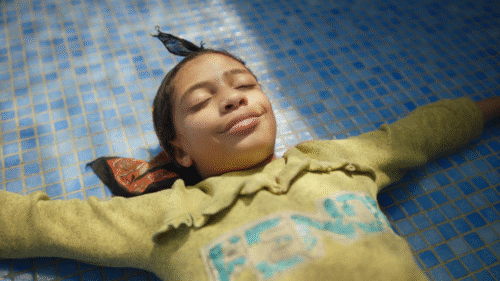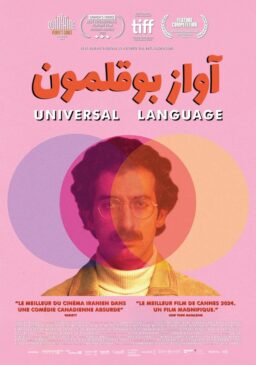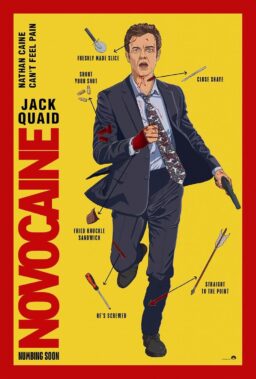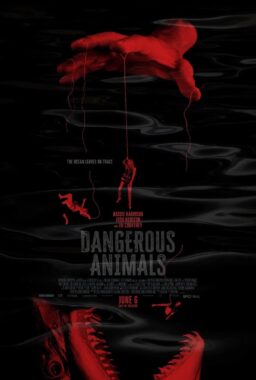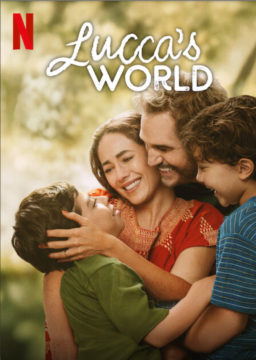PARK CITY, Utah — Two documentaries about wounded families, one angry, the other healing, have caused a stir during the closing days of the Sundance Film Festival. “Just, Melvin” is the lacerating portrait of a monster who molested almost everyone in two families and seems to have gotten away with murder. “Legacy” is the story of how a family from a Chicago housing project, devastated by the murder of a 14-year-old relative, was able to break the cycle of welfare and make a new beginning.
Five years ago, the Chicago media gave great attention to the death of Terrell Collins, a 14-year-old honor student who was senselessly killed by another child with a gun. Terrell had been chosen by documentarian Tod S. Lending as the subject of a film about a young man from the tough Henry Horner Homes, who was headed to a private school on a scholarship. “I did the first filming one morning,” Lending said, “and two hours later I got a call that Terrell had been shot.”
He filmed the funeral, and then kept on filming, focusing on Terrell’s extended family. His narrator became Nicole Collins, about Terrell’s age, and in the film, she introduces us to her grandmother Dorothy, her mother, Alaissa, and her aunt Wanda, who was Terrell’s mother. Theirs was a three-generation welfare family, with Dorothy as the rock of support. Wanda, a drug addict, had six children out of wedlock, and Alaissa had five. No fathers were still in the picture.
In a strange sense, Nicole tells us, the death of Terrell acted as a catalyst. He was the family’s great hope, the straight-A student who was their shining light. When he died, the family decided in some deep unspoken way to try to pull itself together and get off welfare. It is not easy. In a Catch-22, Alaissa loses a job because she can’t attend training sessions without leaving her children alone; welfare won’t provide child care until she gets the job. But by the end of five years, Nicole, a student at Northern Illinois University, is able to report that her mother is teaching kindergarten, her aunt is clean and sober, her grandmother has bought her own home – and the hated Henry Horner complex has been torn down. It is an inspiring story and a very moving film.
“Just, Melvin,” in contrast, is a portrait of a family that still has open wounds and deep psychic scars after decades of abuse. The title refers to Melvin Just, who as a husband, father, stepfather and grandfather repeatedly committed incest and abuse against almost everyone in his family. Two of his stepdaughters were witnesses when he strangled a visiting nurse, a crime for which he was never tried. The survivors to this day are in a state of shock, which the camera plainly shows: Some live in campers or vans, and alcoholism and prostitution are symptoms.
The film was made by James Ronald Whitney, one of Melvin’s grandsons, with the support of his mother, Ann Marie. It is not the first documentary about family abuse, but it is probably the most painful. It isn’t uncommon to hear abuse or incest victims share their memories, but “Just, Melvin” does the unimaginable and shows the evil old man being confronted by the accusations, first in an extraordinary meeting with James, later in a family visit to his hospital room.
Whitney said after the screening that he had escaped the fate of other family members because of the strength of his mother, a woman who once tried to shoot Melvin, and who, strong and intelligent, steered him away from drugs and trouble and into show business (we see him as a winning dancer on “Star Search”).
His film is not only devastating but subtle in its artistry, with great attention to a soundtrack that suggests the echoes of long-ago words of hate and current painful memories. Nothing in the film quite prepares us for the closing scenes at a burial service, where a pastor reads futile words of comfort while drunken family members alternate between grief and rage.

